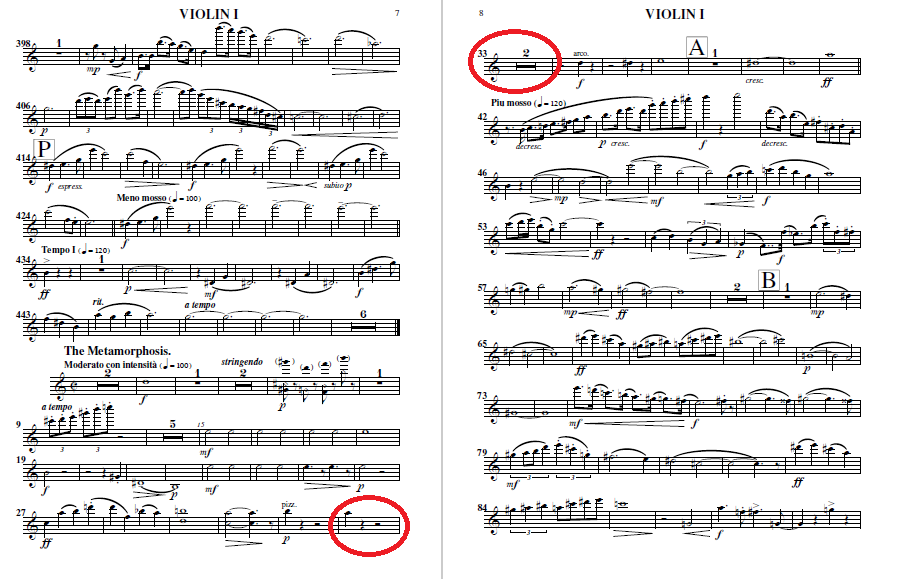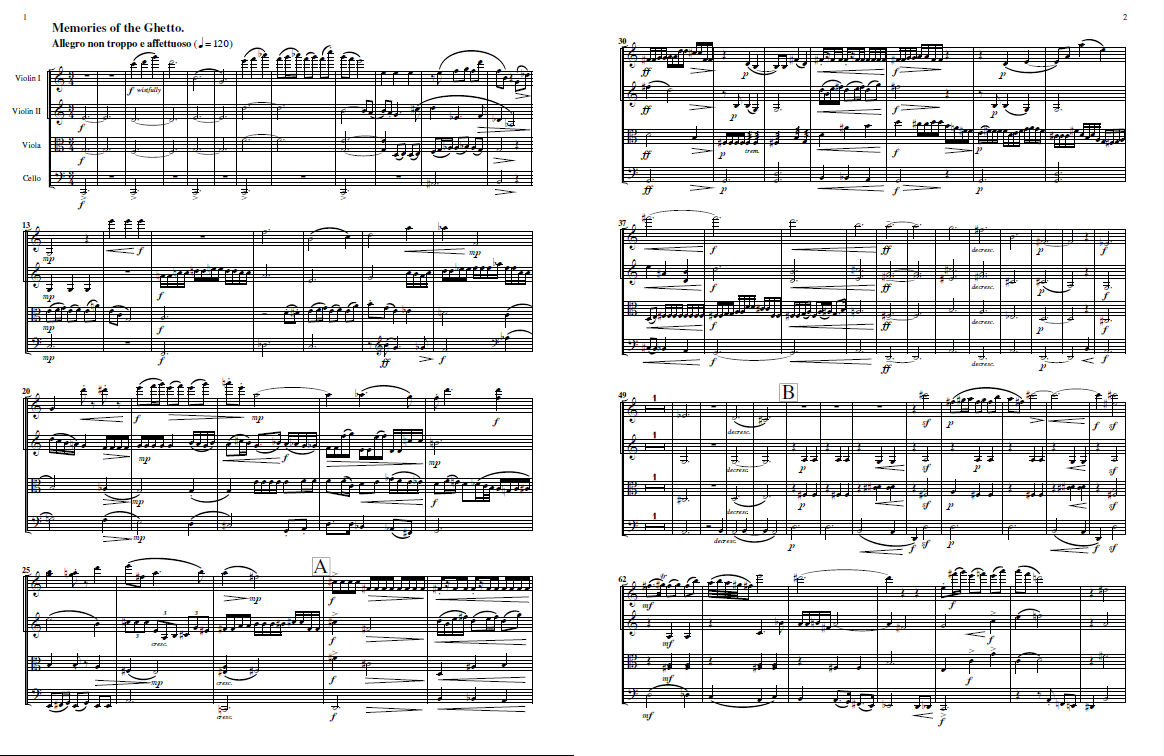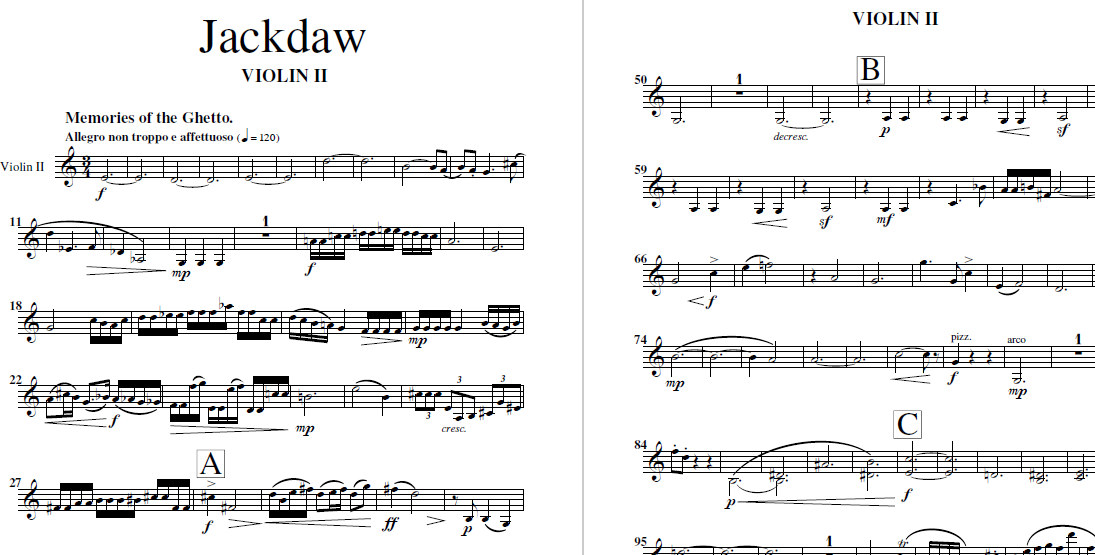Creating parts is tedious work, but necessary if a piece is ever to be played by an ensemble. The work can be done almost anywhere: on the go, with children running at one’s feet, while watching Joffrey die at his own wedding. So if in the evening I am feeling lazy and uncreative after a long day at work, I whip out some parts and chip away.
I’ve got a somewhat efficient process for it. It mostly involves making tiny changes to the spacing to ensure that nothing bumps into anything, and creating logical page turns so the musicians don’t think I’m a total noob. Sometimes this makes the spacing a bit crammed, but it makes for a more professional product.

Though there’s not a lot of magic in the process, I always feel good that I accomplished something when I finish creating parts. I have to be honest with myself though; I know I’m partly doing it to avoid the truly challenging work of creating new music. I haven’t really written something new in a while. I was working on the Polish piece for a long time, but getting nowhere, spinning my wheels, generating lots and lots of new ideas with no real plan for how they should fit together (a practice Schoenberg openly criticized). When I get stuck in such a rut, I usually turn to part creation to avoid the hard decisions I need to make about a new piece. When trying to finish a piece that has too many ideas, some ideas need to be cut and discarded. But when I’ve spent too much time “inside” a piece of music, I end up falling in love with every possible version of it. Brainstorming has its place in the creative process, but when brainstorming becomes the entire process, nothing ever gets finished.
So I’m creating parts today. I’m currently working on the parts for my string quartet (Jackdaw). It’s a piece I have always loved, very nostalgic and at times quite sad. A deep sense of longing runs through the entire work. It’s about a lot of things, but mostly my own Jewishness, my desire to feel connected to my own ancestors, their own struggle fleeing persecution and what they left behind, a way of life that is gone forever. It’s also about Kafka.
Here’s the music:

Working on this piece again makes me feel connected to it even though it is long completed. It helps me feel like an artist to be reminded that I am capable of completing work and still loving it years later. Maybe this process will even help me get back to work on the real matter at hand: writing something new.

